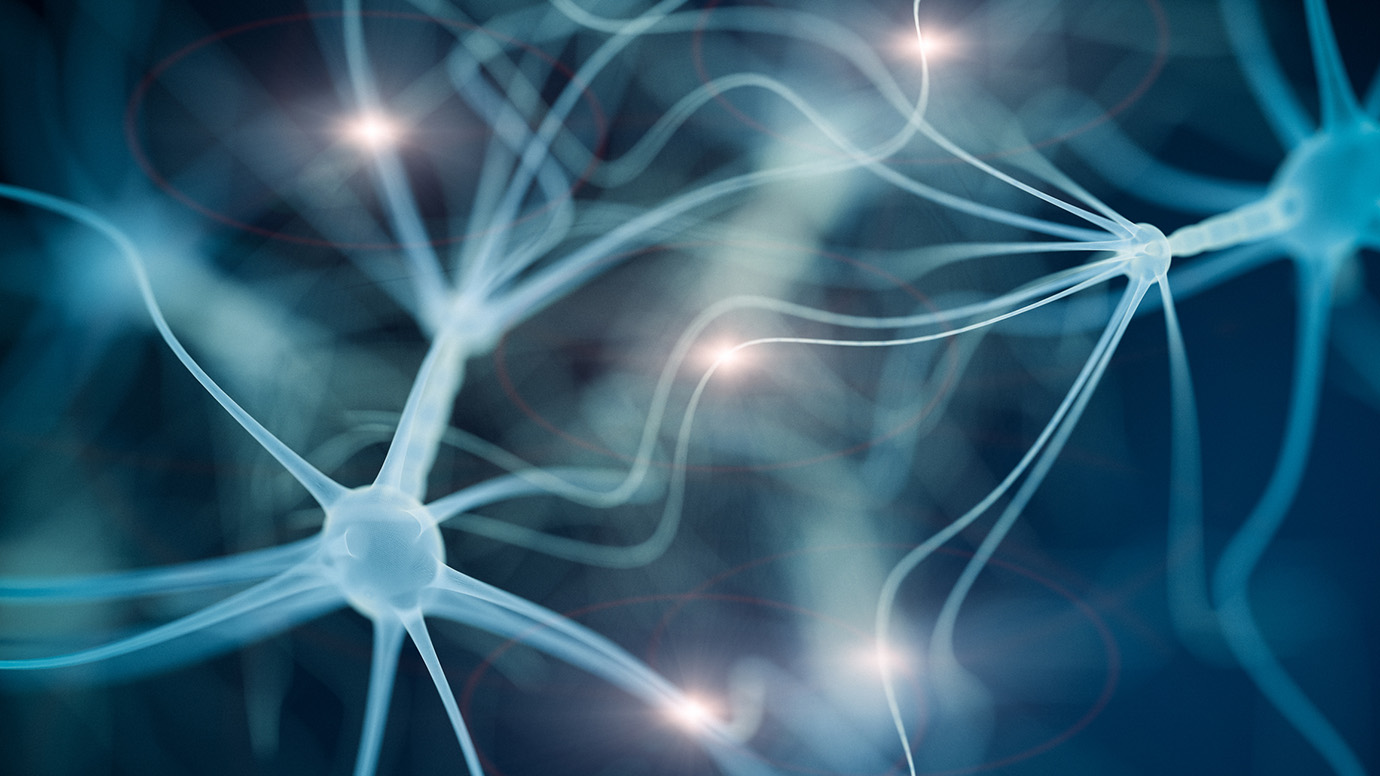T1D & Addison’s Disease
Written by: Beyond Type 1 Editorial Team
2 minute read
May 10, 2018
Addison’s disease is caused by an autoimmune attack of the adrenal glands and results these glands inability to produce sufficient cortisol and sometimes aldosterone. Although it is not as common as the other autoimmune diseases listed above, the chances of getting diagnosed with Addison’s disease are significantly higher if you are already diagnosed with type 1 diabetes. Some of the tell-tale symptoms of Addison’s are salt cravings, weight loss, hyper-pigmentation and sharp abdominal pain. The treatment of Addison’s disease is bi-daily oral hormone pills.
Editor’s Note: This content has been verified by Marina Basina, MD, a clinical associate professor at Stanford University. She’s a clinical endocrinologist and researcher with a focus on diabetes management and diabetes technology. Dr. Basina is an active member of multiple medical advisory boards and community diabetes organizations, and she is on the Beyond Type 1 Science Advisory Council.
What is Addison’s disease?
The combination of Addison’s disease and type 1 diabetes is known as Schmidt syndrome, which is sometimes used interchangeably with autoimmune polyglandular syndrome type II (APS II), is common. Although less than one percent of the population with type 1 diabetes has Addison’s disease, the risk of being diagnosed with Addison’s disease is significantly higher in those with type 1 diabetes as compared to the general population. Commonly, it affects people around 30-50 years old, and equally affects men and women.
Addison’s disease, sometimes called primary adrenal insufficiency, occurs when your adrenal glands do not produce enough of the hormone(s) cortisol and often aldosterone. In primary adrenal insufficiency, this happens because the adrenal glands are damaged from an autoimmune attack. These hormones are very important, and their jobs include controlling blood sugar levels (!), regulating metabolism, growing tissue, regulating mood, responding to stress and helping to maintain blood pressure.
Signs and symptoms of Addison’s disease:
- Muscle weakness or pain
- Hyper-pigmentation of skin
- Fatigue
- Hyperpigmentation
- Mood irregularity
- Salt cravings
- Weight loss and loss of appetite
- Low blood pressure
- Nausea and/or diarrhea
- Abdominal pain
- Lower back and/or leg pain
Getting a diagnosis
In order to diagnose Addison’s disease, your doctor will want to know about your medical history and symptoms listed above. They may also order lab tests for you. A blood test will measure your hormone and mineral levels, and a CT scan or MRI will look at the size of your adrenal glands, although this is not necessary for a diagnosis.
Treatment
Usually, Addison’s disease is treated through prescription hormones such as hydrocortisone, prednisone, cortisone acetate, or potentially fludrocortisone. These prescriptions are pills that are usually taken twice daily. If you are a woman, you may also be prescribed dehydroepiandrosterone, which may help mood and sex drive for those with Addison’s although the benefit of this hormone supplementation is controversial.
If your hormone levels become dangerously low (before diagnosis or if you taking appropriate medication), a condition called adrenal crisis, you need immediate medical care. This will typically entail an IV injection of hydrocortisone, saline and dextrose. The purpose of this IV is to restore blood sugar, blood pressure and potassium levels to where they should be. If you have this happen to you, be sure to tell them if you have type 1 diabetes because your care will need to reflect this. Individuals with Addison’s disease are usually given prescription for an emergency kit with intramuscular steroid injection that can be given at home in order to prevent adrenal crisis.

Author
Beyond Type 1 Editorial Team
Beyond Type 1 is the largest diabetes org online, funding advocacy, education and cure research. Find industry news, inspirational stories and practical help. Join the 1M+ strong community and discover what it means to #LiveBeyond a diabetes diagnosis.
Related Resources

Imagine—you’re at the pharmacy counter, ready to pick up your insulin, and the pharmacist says,...
Read more

Traveling with diabetes requires careful planning, but sometimes things don’t go as expected. If you...
Read more

Diabetes and hormones go hand-in-hand. Each type of diabetes has different ways in which hormones...
Read more

